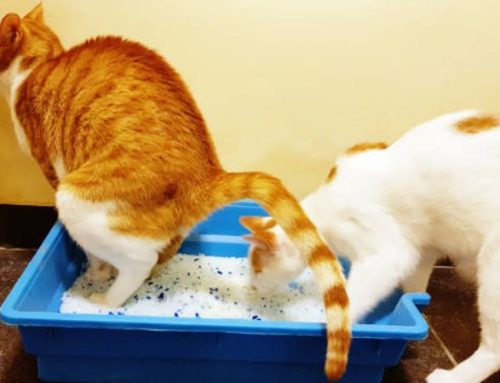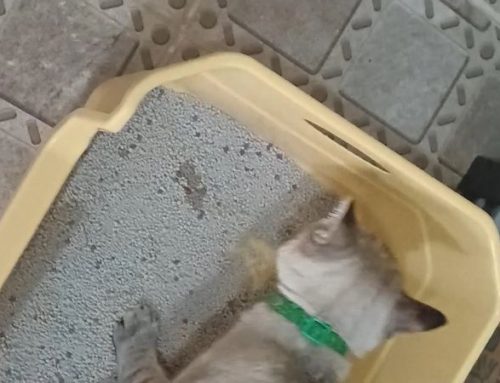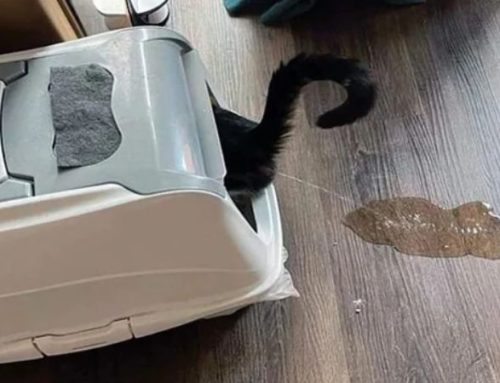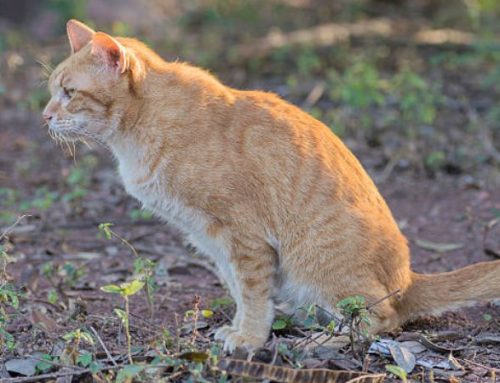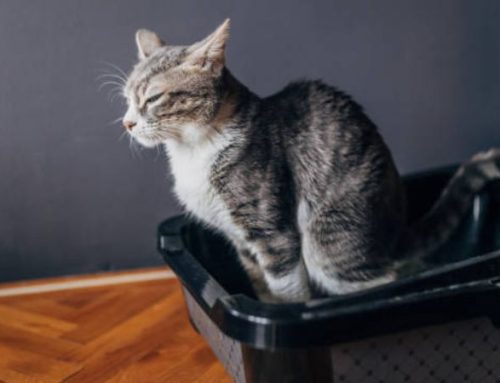If it feels like your cat spends more time asleep than awake, you’re not imagining it. Cats are true masters of napping, often dozing away in the strangest places—from a warm patch of sunlight to a freshly folded pile of clothes.
But why do they sleep so much, and how many hours of rest is actually normal? In this complete guide from Nexus-Pets, we’ll uncover the secrets of your cat’s sleep patterns, from curious kitten naps to the long, lazy stretches of senior cats.
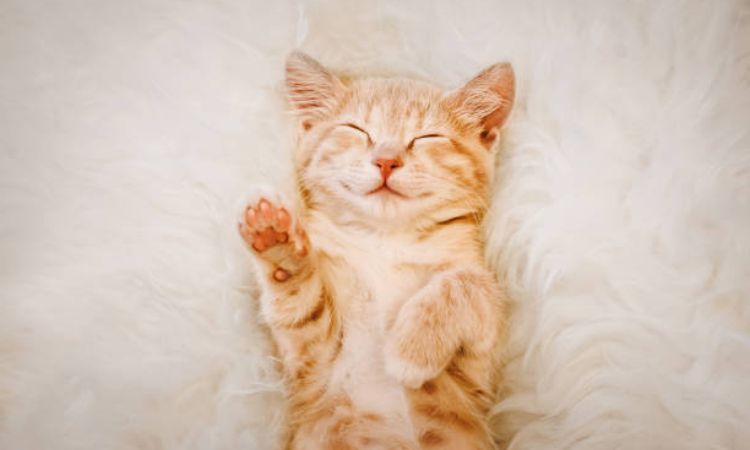
How Many Hours Do Cats Sleep Per Day?
On average, adult cats sleep between 12 and 16 hours a day, though some can snooze for up to 20 hours within a 24-hour period. This might seem like an excessive amount compared to humans, who generally need around seven to eight hours of rest, but for cats, it’s completely normal.
Unlike people, cats are crepuscular animals, meaning they are most active during dawn and dusk. These hours mirror the hunting patterns of their wild ancestors, who relied on low-light conditions for better hunting opportunities and protection from predators.
Instead of one long stretch of deep sleep like humans, cats follow a different rhythm—alternating between light naps and deeper sleep cycles throughout the day. These short bursts of rest allow them to conserve energy while staying alert enough to respond quickly to changes in their environment. This unique sleep pattern explains why your cat might spend the day dozing in sunny spots but suddenly become lively and playful at night or in the early morning.
How Many Hours Do Kittens Sleep?
Kittens are true champions of sleep, spending the majority of their day resting to support rapid growth and development.
Kittens up to 8 weeks old typically sleep 18–22 hours per day. During this early stage, sleep is crucial for physical and neurological development, allowing their bodies to grow and their brains to process new experiences. Between short bursts of play and feeding, these tiny kittens spend most of their time napping.
Juvenile cats (2–6 months) still sleep extensively, usually 18–20 hours per day, but you’ll notice increasing periods of activity and play. As their senses and motor skills develop, kittens become more curious and energetic, exploring their environment and engaging in interactive play—but they still rely on frequent naps to recharge.
Why young kittens sleep more than adult cats
Young kittens need significantly more sleep than adult cats because their bodies are growing at an accelerated pace, and their brains are constantly learning. Sleep allows them to conserve energy, strengthen their immune system, and support proper development. In contrast, adult cats have slower growth and more regulated energy cycles, so they sleep less—typically 12–16 hours per day—while still maintaining their crepuscular activity patterns.
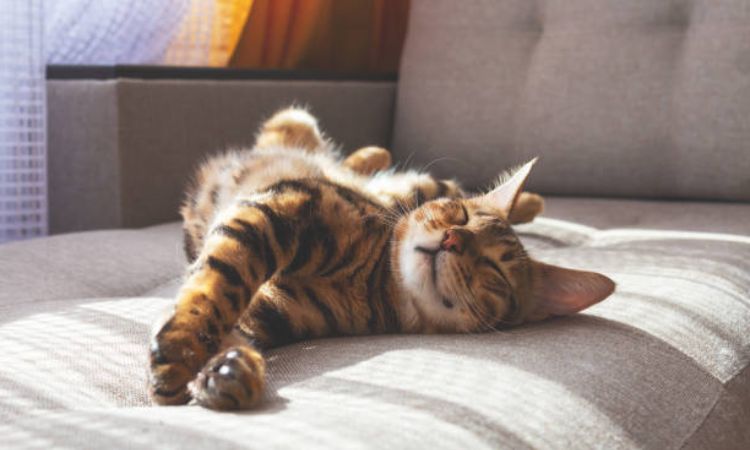
Factors That Influence a Cat’s Sleep Schedule
A cat’s sleep patterns are influenced by a variety of factors, including age, health, lifestyle, diet, and environment. Understanding these elements can help you ensure your feline friend gets the rest they need.
1. Age
Sleep requirements vary with a cat’s life stage. Kittens need the most sleep—up to 20 hours per day—because their bodies are growing rapidly and their energy is spent learning and exploring. Adult cats generally sleep between 12 and 16 hours daily, while senior cats often sleep longer, as their activity levels decrease and they need more rest to maintain health.
2. Health
A cat’s physical and mental wellbeing strongly affects sleep. Illness, injury, or chronic pain can cause cats to sleep more than usual as their bodies conserve energy and heal. Stress or anxiety—such as from a new home, new family member, or environmental changes—can also disrupt normal sleep patterns, leading to either excessive sleep or restlessness.
3. Lifestyle
Indoor and outdoor cats often have different sleep habits. Indoor cats may sleep more during the day, with fewer distractions and opportunities for stimulation. Outdoor cats, on the other hand, tend to spend more time exploring, hunting, or socializing, which can reduce their overall sleep duration.
4. Diet and Feeding Schedule
Nutrition and meal timing can influence when and how long a cat sleeps. Feeding a kitten or cat a small meal before bedtime can encourage a longer, more restful sleep. Cats that receive protein-rich meals spread throughout the day tend to have steady energy levels and sleep patterns, whereas high-carb meals at night can trigger bursts of energy, disrupting sleep.
5. Environment
Cats need a safe, quiet, and comfortable space to rest fully. Elevated or secluded sleeping areas, soft bedding, and low-noise zones help cats feel secure, allowing them to enter deep, restorative sleep. Familiar smells, such as a blanket from their previous home or a piece of their owner’s clothing, can also improve their sense of safety and relaxation.
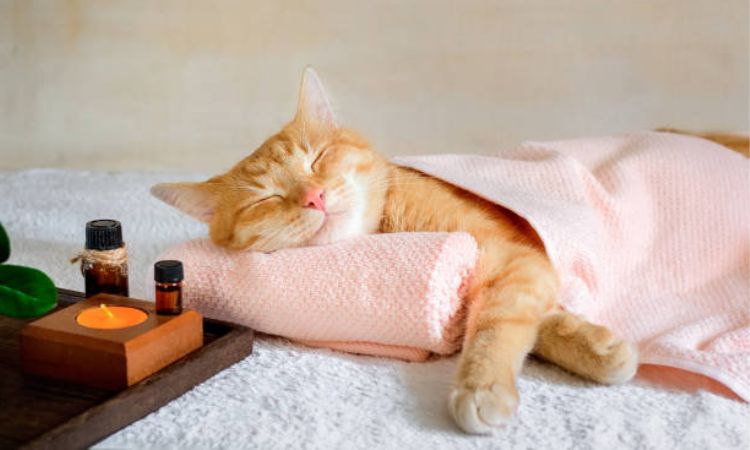
Tips to Promote Healthy Sleep in Cats and Kittens
Helping your cat or kitten get proper rest is essential for their health, growth, and overall wellbeing. Here are practical tips to encourage healthy sleep habits:
1. Maintain a Consistent Daily Routine
Cats thrive on predictability. Feeding, playtime, and bedtime at regular intervals help set their internal clock, making it easier for them to rest when they need to. For kittens, especially, a stable routine reduces anxiety and supports proper growth and development.
2. Provide Safe, Cozy Sleep Spots
Cats feel most comfortable sleeping in areas where they feel secure. Offer soft, elevated, or enclosed spaces such as cat beds, igloos, or blanket-lined boxes. Avoid placing their bed near food, water, or litter trays, as cats prefer to separate sleeping areas from other activities. Rotating safe sleep spots can also help mimic natural behaviors and keep your cat comfortable.
3. Balance Playtime and Rest
Active play during the day helps expend your cat’s energy, making it easier for them to settle down afterward. Engage in interactive play sessions using toys, climbing trees, and puzzle feeders. Avoid stimulating your cat too late at night, as this can interfere with their sleep and keep them awake during human bedtime.
4. Ensure Proper Diet and Hydration
A well-balanced diet and proper hydration are important for overall energy management. Wet food can release energy gradually throughout the day, helping kittens and cats stay alert when awake and relaxed when it’s time to sleep. Avoid high-carbohydrate foods right before bedtime, as these can cause bursts of energy.
5. Manage Nighttime Activity
Cats are naturally crepuscular, meaning they are most active at dawn and dusk. To minimize nighttime disturbances, provide toys, scratching posts, or safe perches that allow independent activity while you sleep. For kittens, consider a cozy bed with familiar scents to encourage uninterrupted sleep.
Understanding your cat’s sleep habits is a key part of responsible pet ownership. By recognizing what’s normal for their age and lifestyle, you can better monitor their health and well-being. Keeping an eye out for any sudden changes in their routine is a simple way to ensure your feline friend gets the quality rest they need to be happy, healthy, and ready for their next adventure—or, more likely, their next nap.


